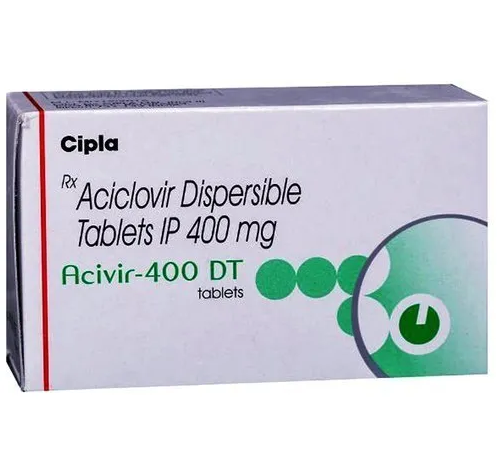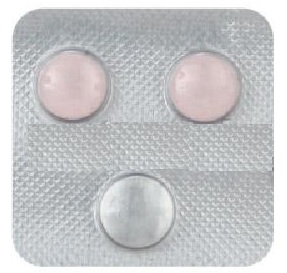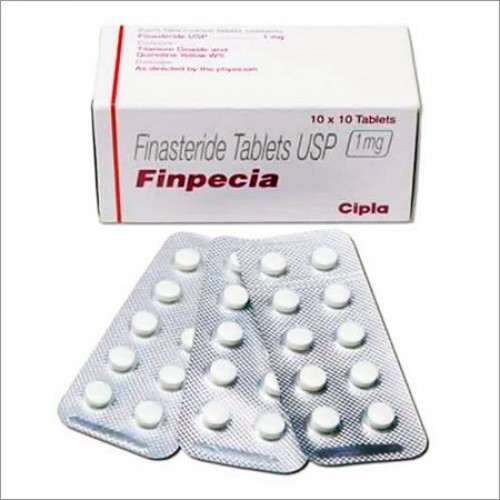Acyclovir was approved by FDA (U.S. Food and Drug Administration) IN 2002. It is commonly prescribed to treat symptoms and encourage healing in people suffering from genital herpes, oral herpes, shingles, and chickenpox. Acyclovir is also used to prevent genital herpes outbreaks in people who are exposed to the virus.
What Is Acyclovir? Overview & How It Works

Acyclovir is an antiviral prescription medicine used to treat viral infections. It is sold under different brand names. For example, Sitavig is used to treat cold sores on the lips but not in the genital area. The antiviral drug does not cure herpes infection but effectively improves symptoms and speeds up healing. It works by averting the growth and expansion of the herpes virus inside the body.
Avoid taking acyclovir if you ever had an allergic reaction to Acyclovir, Valacyclovir, or other ingredients of this drug. Do not use Acyclovir buccal tablets if you are allergic to milk proteins. Make sure you tell your doctors if you have had kidney disease, a weak immune system, or are pregnant or breastfeeding before taking Acyclovir.
How Acyclovir Is Taken (Timing With Food)
Take Acyclovir exactly as suggested on the prescription label or as prescribed by your healthcare provider. Do not use it in smaller or larger amounts or for a longer time than recommended by your doctor.
Start taking Acyclovir immediately after you notice the first few symptoms, such as blisters, burning, or tingling sensations. If you notice the symptoms of the cold sore, begin with Sitavig within one hour or as soon as you experience the initial symptoms.
Carefully read and follow the instructions provided with the medicine if you are not able to understand the instructions properly as your doctor or pharmacist. Acyclovir doses depend on body weight, particularly in the case of children and teenagers.
If your doctor has prescribed you the oral suspension shake the liquid Acyclovir well before each dose. Make sure you use the dosing tool or spoon provided with the medicine to ensure the correct dose. Do not use a kitchen spoon to measure your dose.
Complete the dosing course as prescribed by your healthcare professional, even if the symptoms improve within a few days. Do not skip doses, as it may increase the chances of the virus becoming resistant to the drug.
Drink plenty of water and take fluids while you are under Acyclovir treatment to keep your kidneys working well. Lesions caused due to herpes virus infections should be kept dry and clean as possible. Wearing comfortable and loose clothing may help avoid irritation in lesions.
Acyclovir Forms & How Food Affects Absorption
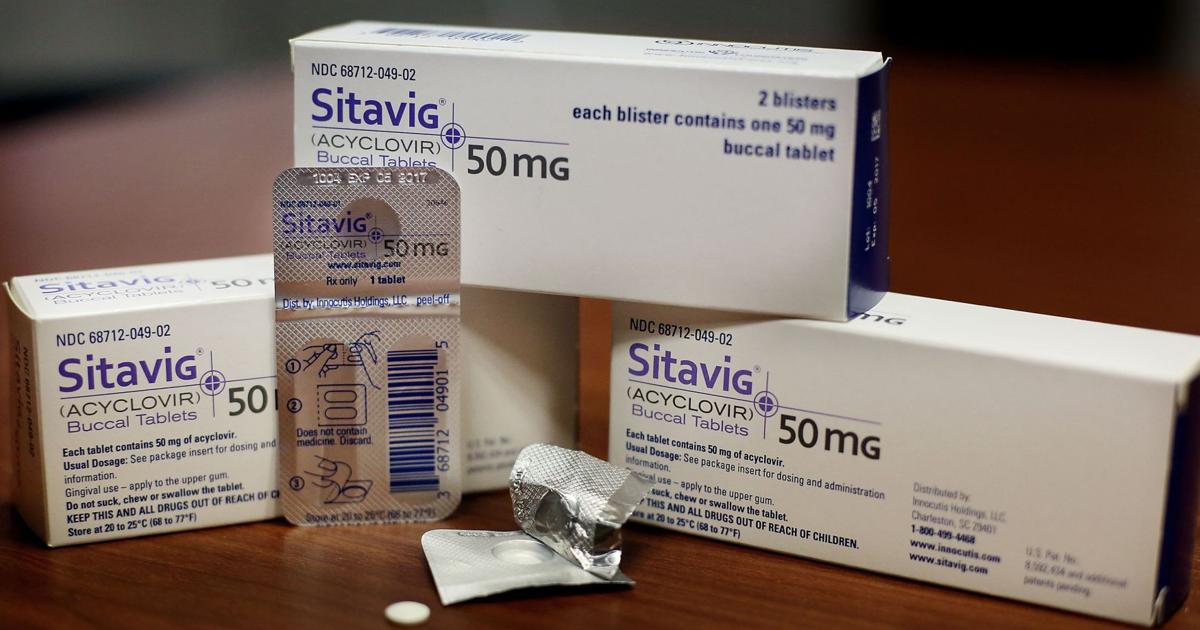
If you have been prescribed buccal tablets, do not crust, such as chew or swallow the buccal tablet. Put the flat side of the buccal tablet against the upper gum on the same side of the cold sore. Let the tablet dissolve inside the mouth throughout the day. You can normally eat and drink while you have a buccal tablet placed inside your mouth.
Avoid chewing gum, wearing an upper denture, and brushing your teeth while the buccal tablet is inside your mouth. Do not use Acyclovir buccal tablet for young children as there is a risk of choking. You can gently rinse your mouth. Drink plenty of liquids to avoid dry mouth.
Acyclovir Use for Genital Herpes: Does Food Matter?
Herpes infections, including genital herpes, are contagious, and one can spread the infection to others even while taking Acyclovir. This medication can help improve symptoms, but it will not prevent you from transferring genital herpes to your sexual partner.
Avoid having sexual intercourse while you have the first symptoms of an outbreak or active lesions until you heal completely. Avoid touching the infected area and coming in close contact with other people. Wash your hands regularly to avoid passing infection to other people.
Acyclovir and Diet: Do Foods Affect Effectiveness?
A healthy and well balanced diet contributes to a healthy immune system that allows your body to fight recurrences of infections. Maintaining a healthy diet and avoiding the foods that may agitate the infection along with Acyclovir is a completed most effective treatment for herpes infections. Most patients living with genital herpes do not consider Acyclovir either episodically or suppressively because, usually, the immune system limits the severity and duration of symptoms.
Diet Tips to Reduce Herpes Flare-Ups
There is no cure available for herpes infections. Once you are infected with the virus, it stays inside your body for the rest of your life. Most of the time, it remains dormant; however, many things can reactive the virus leading to a herpes outbreak or flareup of symptoms.
Certain foods can trigger the herpes simplex virus causing infection recurrence. If you are experiencing recurring outbreaks, your diet can be the culprit to some extent. The reasons may be your diet is not supporting your immune system and overall health or that your foods contain herpes-triggering compounds.
During an outbreak, vegetable juices, cold foods, warm soups, and certain other foods can gratify hunger while preventing sore aggravation. It does not mean you can entirely prevent outbreaks. However, you can minimize the occurrence and maximize the efficiency of Acyclovir by eating a balanced diet rich in Lysine and whole foods.
Foods to Avoid While Taking Acyclovir (Top List)
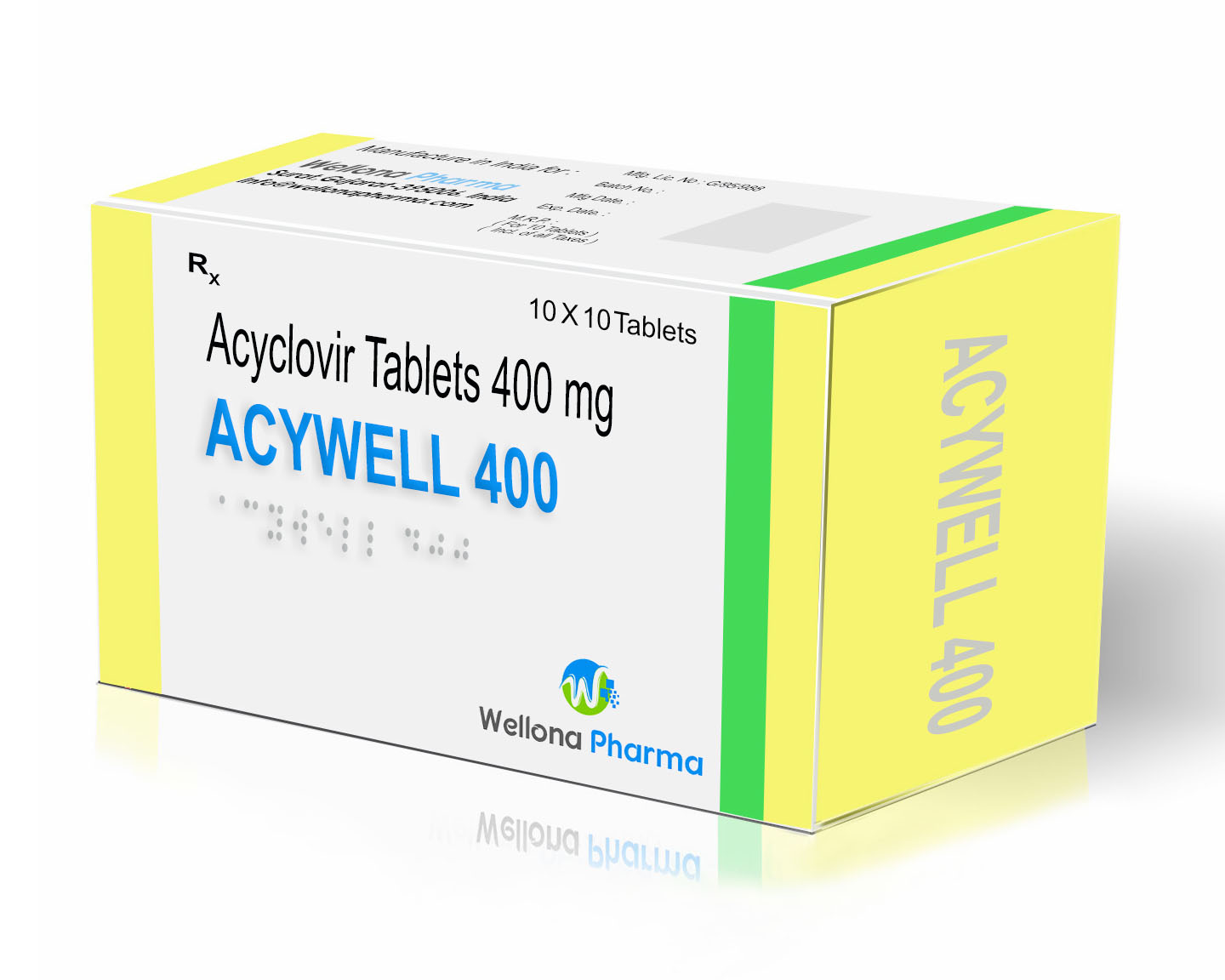
Many patients with herpes infections found that limiting the foods that are high in amino acid (Arginine) can diminish recurrences. Foods include many types of nuts and chocolates containing high levels of arginine. For some people, excessive caffeine, smoking, and red wine are found to be triggering.
High-Arginine Foods to Avoid
According to studies, arginine is an amino acid present in many foods. It may aid in the spreading of herpes because of its ability to encourage viral growth. It can boost the body’s ability to replicate certain viruses, such as HSV-1 and HSV-2.
So, it is better to avoid foods that contain arginine, such as pork loin, turkey breast, chicken breast, nuts (particularly peanuts), chickpeas, soybeans, pumpkin seeds, and lentils that are rich in arginine. Instead, eat food containing vitamins, minerals, and essential nutrients.
Lysine-Rich Foods: Should You Avoid or Increase?
Lysine is an amino acid that naturally occurs and is produced in the body. Lysine intake is linked to impeding arginine activity. Lysine supplements are available in the form of pills, making it simpler to get a sufficient amount of herpes-preventing amino acid every day. Lysine-containing foods include non-acidic fruits (pears, apples, and apricots), fish, and certain dairy products (yogurt and cheese).
Additional foods and drinks to avoid during Acyclovir treatment to maximize the outcomes:
- White flour and white rice
- Processed meats, deep-fried foods
- Sugar, especially high fructose corn syrup
- Peanuts or peanut butter
- Chocolate
- Alcohol
- Soft drinks
- Coffee and decaf
Does Acyclovir Contain Lysine? Explained
Lysine and Acyclovir are used to treat various forms of herpes virus. Acyclovir (Zovirax) and other antiviral medications are widely used to treat genital herpes, chickenpox, and shingles, while Lysine is commonly used to treat herpes simplex labilais (cold sores).
Foods to Avoid During Shingles (If Taking Acyclovir)
Eat nutrient-dense foods to support your immune system function, and avoid processed foods and other food items that cause inflammation. Avoiding certain foods that negatively impact your immune system can help reduce the duration of a shingles outbreak.
- High glycemic carbohydrates such as candies, sweets, cakes, baked foods, sugary drinks, sugary cereals, sugary sauces, ice cream, white bread, and white rice.
- Highly processed foods such as sweetened cereals, deep-fried foods, high-fat chips and snacks, sodas, sugary energy drinks, high-fat and low-fiber foods, pastries, pies, cakes, and cookies.
- Avoid alcohol and alcoholic drinks, as mixing them with any medication can increase the risk f side effects.
Foods to Avoid During Cold Sore Treatment (Acyclovir Users)

Cold sores are caused by the herpes simplex virus, which requires arginine to reproduce and thrive inside the body. Leaving the virus without arginine can significantly lessen the duration and severity of outbreaks. Thus, you should avoid arginine-rich foods such as chocolates, spinach, almonds, flaxseeds, peanuts, walnuts, and hazelnuts.
Foods that agitate cold sores include citrus fruits (oranges and grapefruits), pickles, spicy foods and curry, pizza, salted chips, and peanuts. Salty and acidic foods can cause a burning sensation during a cold sore outbreak. Try to avoid these foods completely when you notice the first sign of cold sores to avoid irritating the sore.
Conclusion: Diet Tips for Safe Acyclovir Use
Food is not the cure, but it can significantly help with the management of herpes viruses along with Acyclovir. Many people experienced considerable improvements in the flareup frequency after limiting arginine-rich foods and incorporating lysine-rich foods and whole grains into their diet. Talk to your doctor or healthcare provider to know more about the best and worst foods with Acyclovir.
